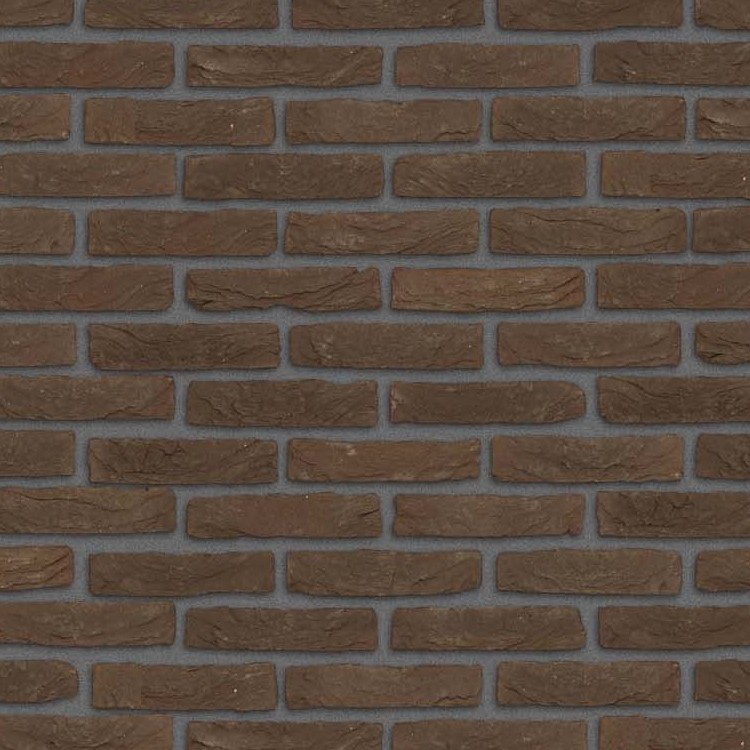

According to an article in Psychology Today, writing therapy is well known to help people work through their problems: "Seeing cause and effect, understanding psychological processes can significantly increase self-understanding." And as stated on the Write a Prisoner website, these programs, "are a tool for breaking down the invisible walls of loneliness that inevitably accompany incarceration." For example, according to the Oregon Department of Corrections in 2009, one inmate observed that, "Nobody is keeping in touch. Improving literacy levels can often help them find a healthy way of dealing with and expressing difficult emotions.

People who advocate for these programs say letter writing can have a healing effect on the inmates. There are many arguments for and against this type of communication. whether they can participate in pen pal programs), often making decisions based on the level of security of a given prison. Given the proper authorization (and as long as they comply with federal laws), the DOC will then be able to make decisions about what their state's prisons can and can't do (i.e. State legislatures have the authority to issue policies related to how prisons are run via the state's Department of Corrections (DOC). The rules and regulations for prison pen pal organizations are very complex and vary from institution to institution. In many cases, because inmates might not be permitted to access the Internet, pen pal interactions are conducted via postal mail, or prisons will print out electronic correspondence for the inmate.

People over the age of eighteen can browse profiles and write to inmates for free. They might choose to share a personal profile, poetry, photographs, or even artwork they've created as a way of connecting with the outside world, and they might seek romantic, religious, or platonic relationships. It would appear that thousands of inmates post up to $50 per month to post an ad on these websites. Though it might seem like an unusual place to find a confidente, prison pen pal organizations such as Write A Prisoner, Cyberspace Inmates, and Prison Pen Pals have drawn much interest. I got your contact details off a Death Row website, and I found the website because of a nun, and that's not a sentence I ever thought I'd write, but then my life isn't exactly turning out the way I'd imagined. I have to tell someone, and you're the person I chose. …I knew it was time to write this letter. She uses these letters as a way of confessing her guilty conscience: Harris lives thousands of miles away in Houston, Texas and is one of the only people who might understand Zoe's situation he knows what it's like to have killed someone he loves. In Annabel Pitcher's YA novel, Ketchup Clouds, the protagonist, a fifteen-year-old English girl who uses the pseudonym "Zoe," tells her story through secret letters she writes to a death row inmate.


 0 kommentar(er)
0 kommentar(er)
